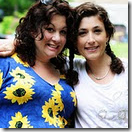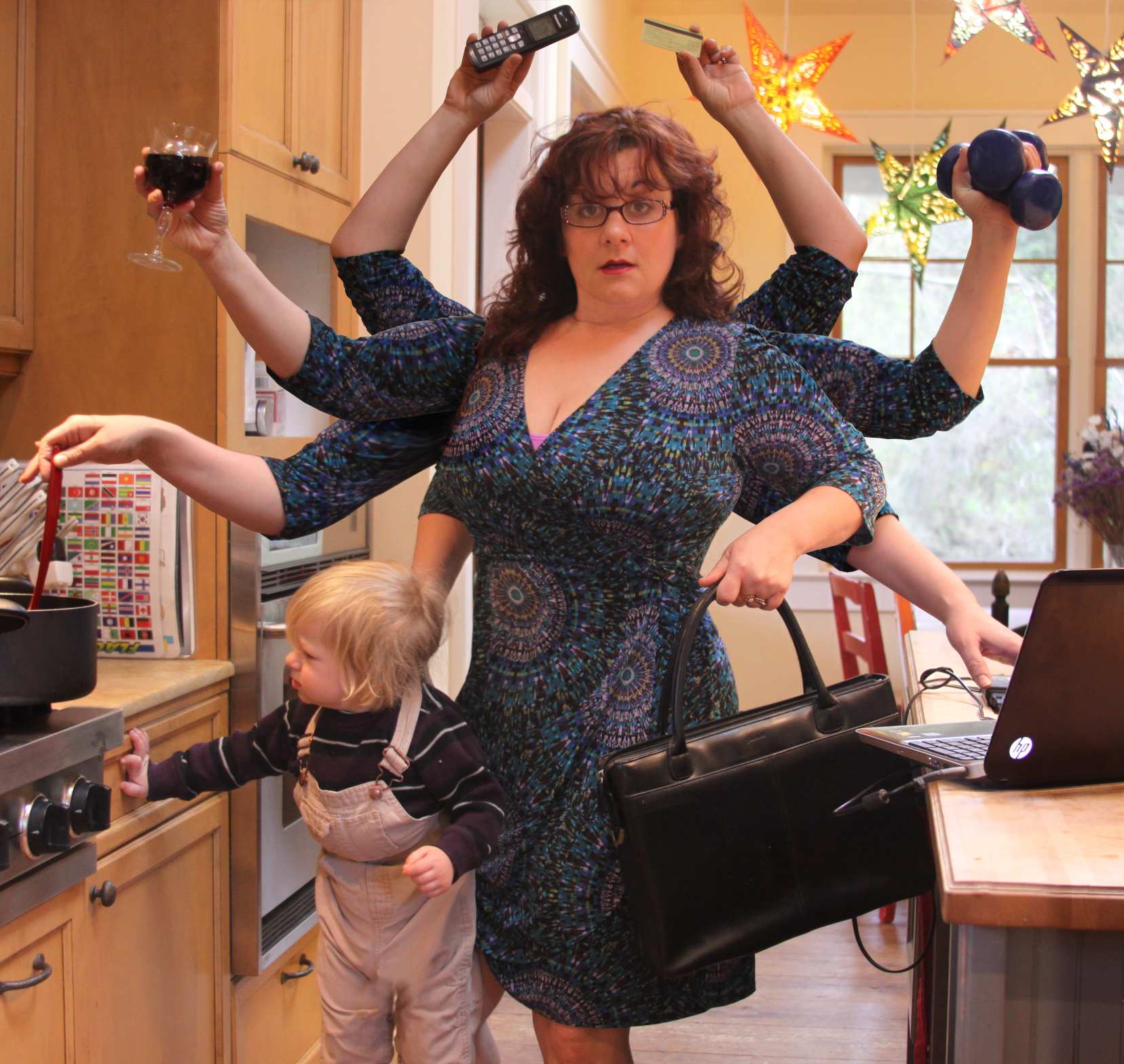Fat Chance
More from Karen:
 Elephant in the Room |
 Slut Mom |
 Stay-at-home Working Mothers |
More from Karen:
 Elephant in the Room |
 Slut Mom |
 Stay-at-home Working Mothers |
RBF Resting. Bitch. Face. This is a real thing. It[...]
This image seems to be everywhere you look lately: I[...]
I agree with Balancing Jane….the shame factor is dominent in these ads.
Where is the message about a healthy relationship with food and physical activity? Obesity is not just about eating too much, its a symptom of the family disfunction.Its a symptom of North American food production brainwashing its citizen about what is 'healthy' food.(for many generations) Aspartame, corn sugar, refined wheat are the main culprits affecting the endocrine systems of these kids.
We are what we eat.
What society has lost is the art of sitting down to a family dinner, not grazing and snacking through the day. No taking a plate of food to the TV or to thier bedrooms. Eating at least 1 meal together as a family per day. It offers an opportunity to honor the food they are eating, checking in with the family members. Waiting for dinner means less snacking and more eating of wholesome food. Get the family involved with buying the groceries and reading ingredients.
My number 1 recomendation to dysfuntional famlies – make sure you eat as many meals together as possible through the course of the week.
A fun thing to do is have the little ones set the table. They are now a part of the ceremony of the meal. Saying grace in some households also adds to this, but not necessary. the last part of the ceremony is the cleanup…no one gets off scott free. Everyone helps.
I will add, that I was a 'fat' kid too. My problem was that I competed with my Dad at the dinner table. By the time I was 12, I was 150lbs. When I was 13yrs I went on a diet and lost 20lbs in about 3 months. My issues with my self image went in into my 20's, but I eventually got over it.
Thanks Karen for the opportunity to share!
I know – this is so tough. I don't think anyone wants to shame children – but how do you get the point across to parents that this issue is serious? How do you make the point that while we all want children to feel good about themselves and enjoy their childhood – they will not be able to enjoy it as much if they are overweight.
I don't know the right answer here, but I am glad people are talking about the question.
I spent a lot of time thinking about these ads, too, and I was dealing with the same conflicting set of responsibilities that you're dealing with in this post, among them the responsibility of parents to raise healthy children, the responsibility of people to make healthy decisions for themselves, the responsibility of a society to discuss the correlations between health and weight, and the responsibility to be aware of the ways that cultural norms conflate weight with an unrealistic standard of beauty that actually has nothing to do with health.
I agree with some of what you say. I don't think that we should be so defensive over the word "fat" that we can't have conversations about it. I do think that knowledge is power and telling children about the role they play in their health and weight is part of our responsibilities as parents.
However, I think these ads are awful. As a rhetorician, I don't see an opportunity for dialogue. These ads aren't about how to determine your own range of a healthy weight. They aren't about how to maintain a healthy diet or how to ensure you're physically active enough. They are about shame and little else. They mock children for their size. I realize that they are simple ads and can't communicate the complexities of the full message, but they're meant to shock and get attention through fat shaming, and I don't think that helps anyone, least of all children who may very well need to have these conversations but who are most likely all too aware of how much fat equals shamed already.

Karen is an outspoken comedian, writer, artist, teacher, speaker, podcaster, Mom of seven children, and an adventurous thinker. She is a strong advocate of mindful thinking, asking for what you want, and living an empowered life. Karen speaks with expertise and humor on gender issues, parenting, homeschooling, autism, co-housing, sex and sexuality, positive self imagery, and being ridiculously happy and super-cool.
Buy Karen's book on Amazon now:
© 2025 · Karen Mangiacotti




3 Comments
Leave your reply.